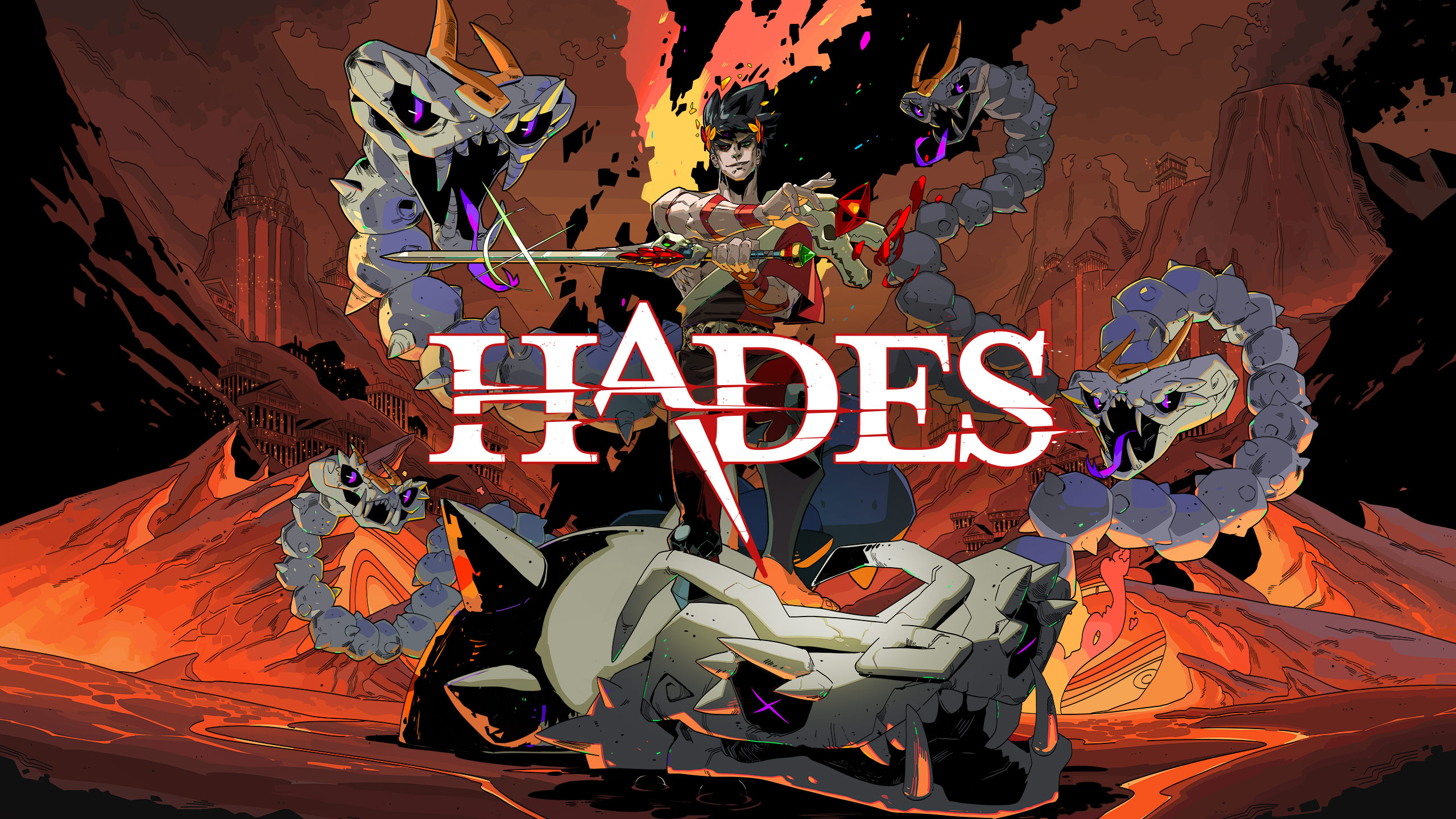As a loyal member of the Hades group, I believe that our “failure” also demonstrates to us some qualities about the game itself and the gameplay experience that it renders. Referring to the framework of procedural rhetoric with allusions to interactivity as the foundation of games, on which genre classifications are to be constructed as illustrated by Mark J. P. Wolf, I wish to argue in this post that Hades presents an elevated rogue-like experience. That is, it emphasizes the interactive experience of the rogue-like genre and completes its procedural rhetoric.
At its core, rogue-like presents a unique form of interactivity in which players are “coerced” by the game’s rules and procedural generation to make encounters and navigate in the diegetic world through repeated one-time play-throughs, despite repeated failures. This is a fair definition of the genre if we indeed strip its content, and examine what implications its rules of permadeath, random generation of rooms, and item discoveries possess in terms of interactivity. Therefore, it is not at all correct to disregard our group’s emphasis on the “failure” aspect of rogue-like games, for indeed the failure that us players have to deal with at the end of each play is something that confronts us directly, challenging us to quit playing every now and then. Each failure motivates the players to become better at playing the game, which is each time actualized in the decision to embark on the next play-through.
It is at this point that I argue that by shoving this failure into the non-diegetic reality and challenging the player to be mechanically better at playing the game, the old-school rogue-like games demonstrate their deficiency. There is not a comprehensive narrative embedded in the game itself that sufficiently convinces all of its players into conforming to its procedures. Put differently, they lay out the framework for the genre’s interactivity by setting the rules, yet are incomplete attempts at enforcing them diegetically such that players are compelled to play along.
On the contrary, Hades presents its players with a diegetic world that revolves around rogue-like’s core interactivity, seamlessly weaving its rules and procedures together with an in-game narrative that achieves the effects of more forceful enforcement of the genre’s defining characteristic and more compelling rhetorics to keep players in their roles. Through filling the genre’s procedures with complementary narrative and world-building, Hades vitalizes the gameplay experience, enabling the thorough “coercion” of players to conduct their repeated play-throughs. Failure sheds its deadly skin and becomes something of meaning within the diegetic world alone. And this meaning, is, importantly, meaning as expressed by the game. In my view, this is interactivity and procedural rhetorics at their heights.
As such, our “failure” tells me that Hades was perhaps supposed to be looked at from a different perspective from the two other games. It possesses the potential to help us draw out core aspects not being discussed in the genre.
(Disclaimer: the author confesses to not finishing the game even on god mode.)

